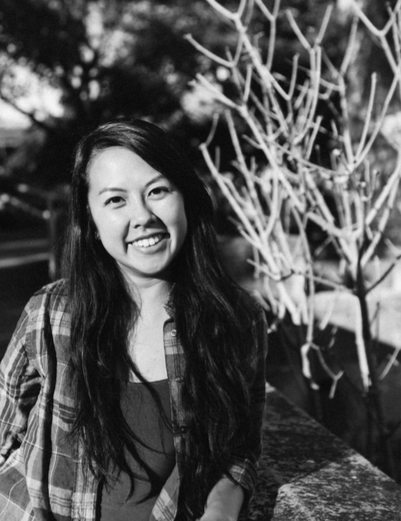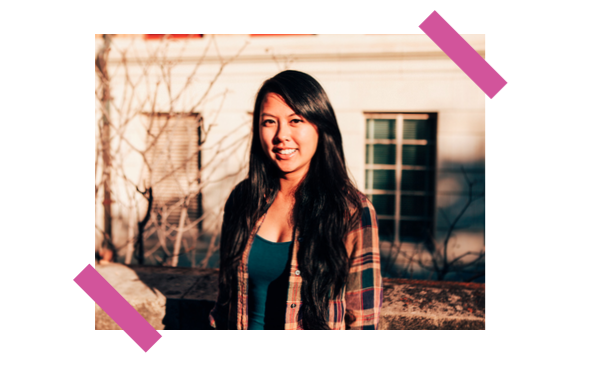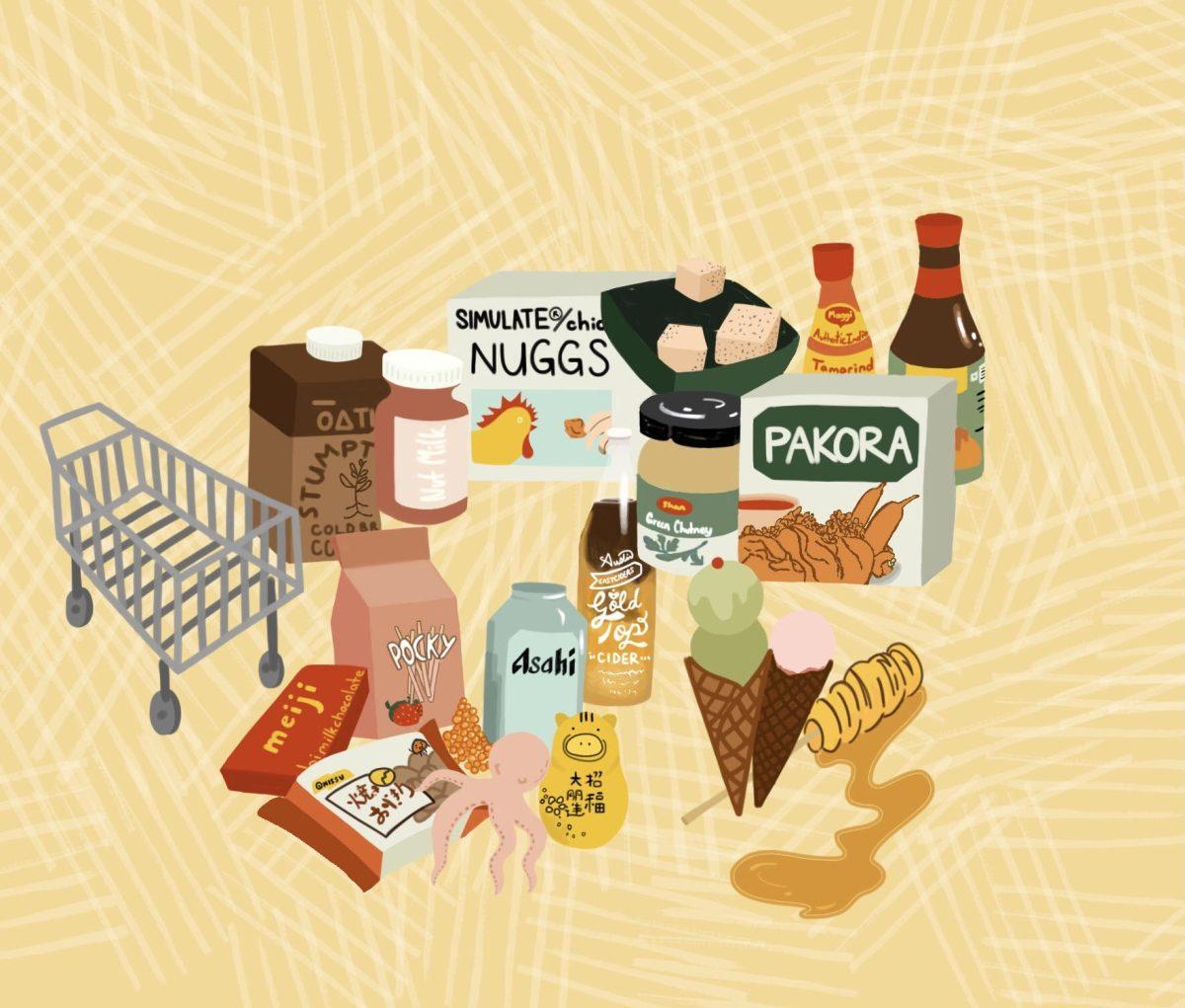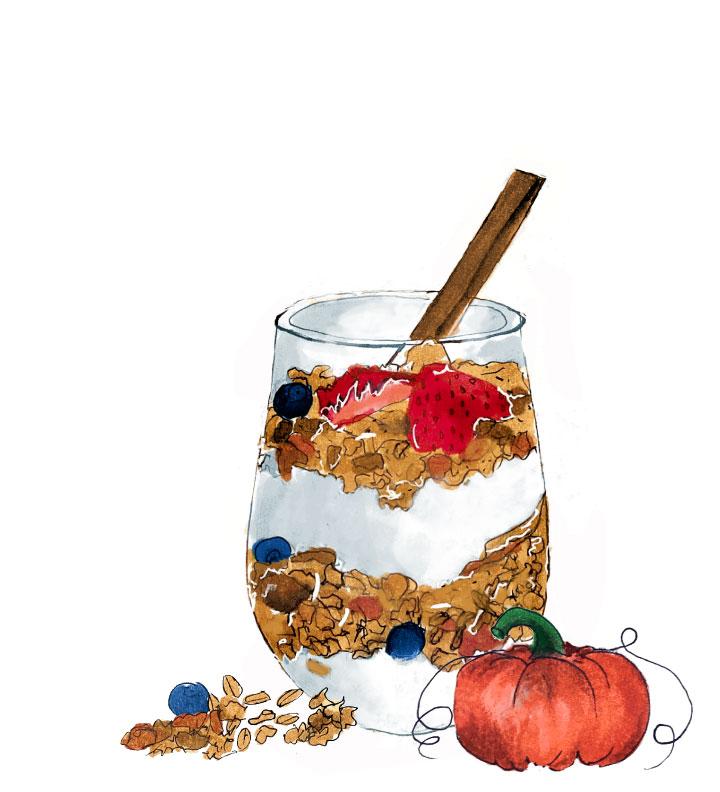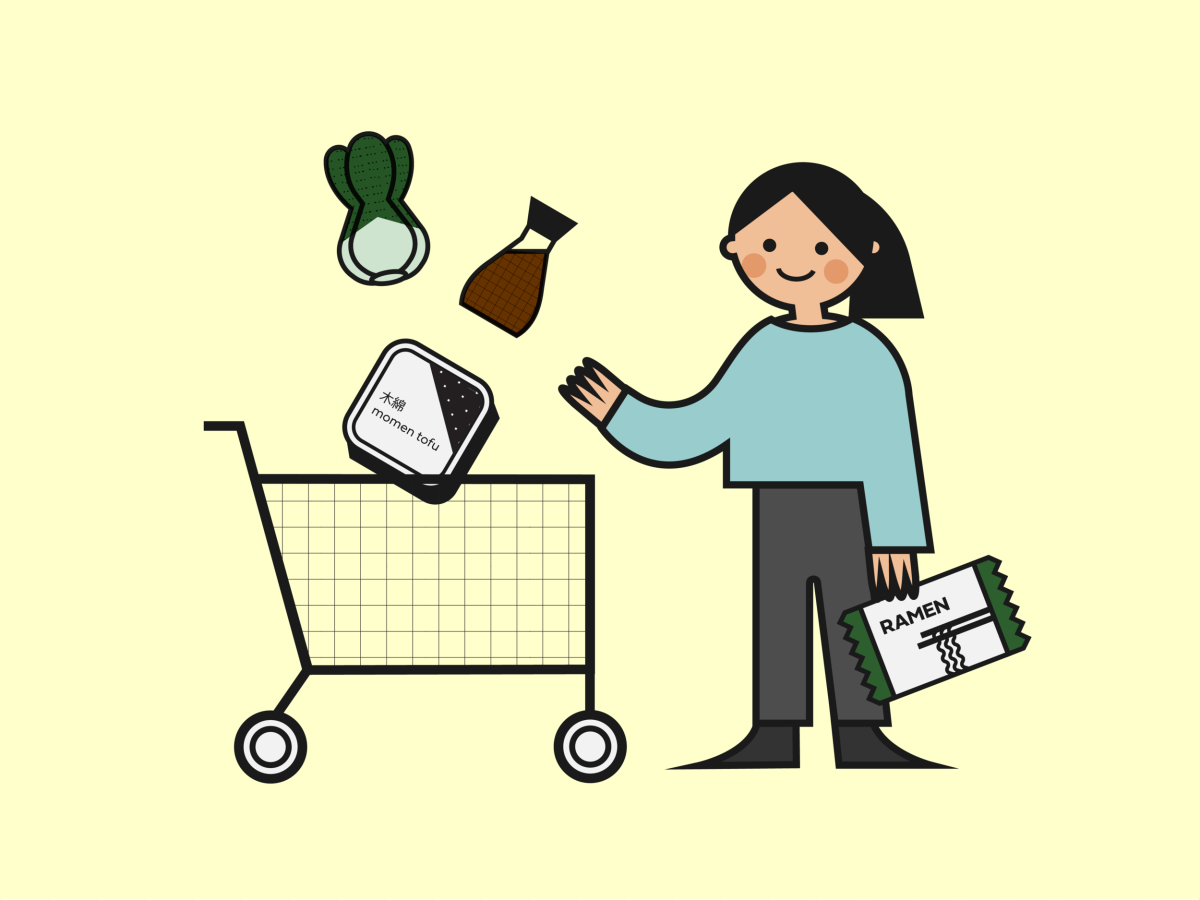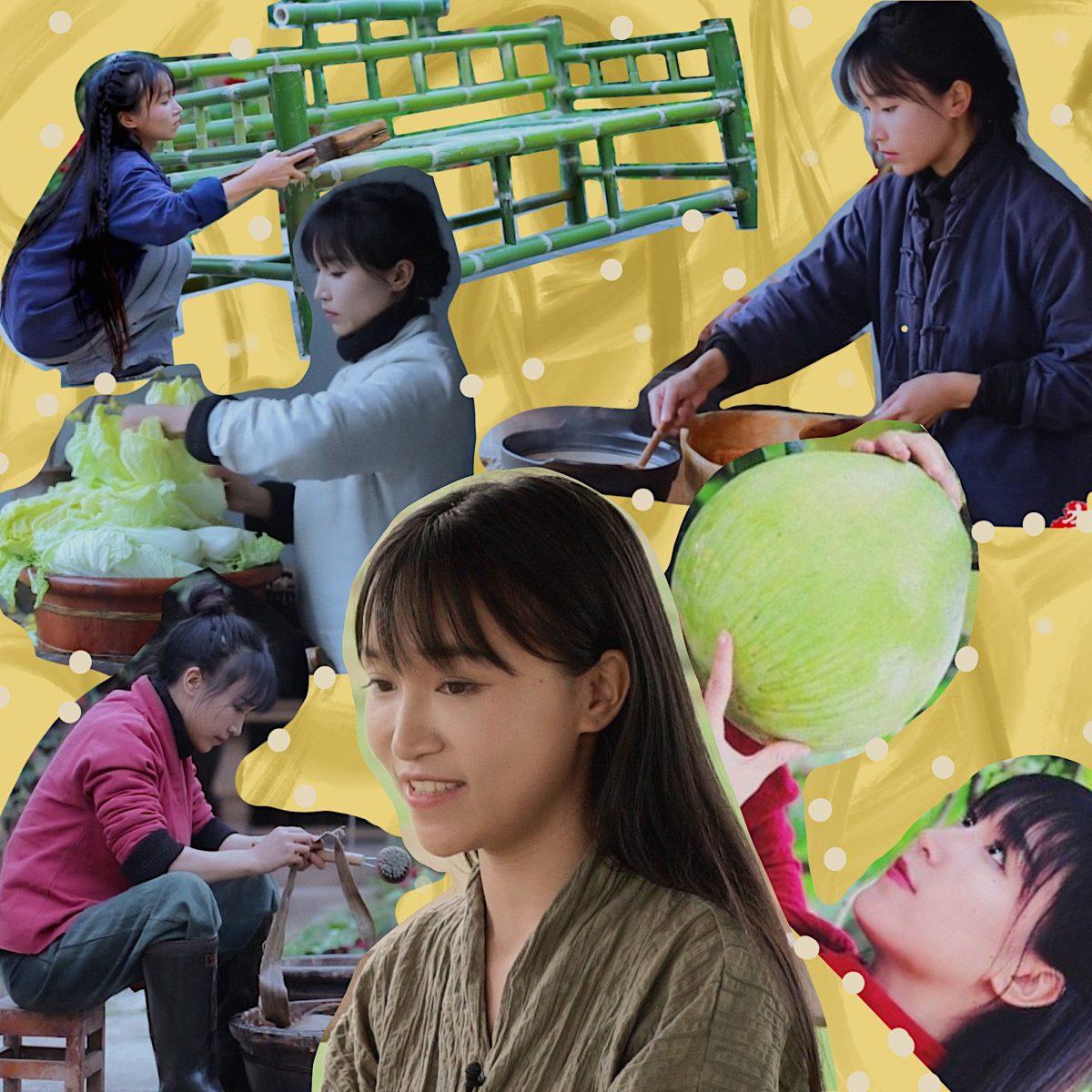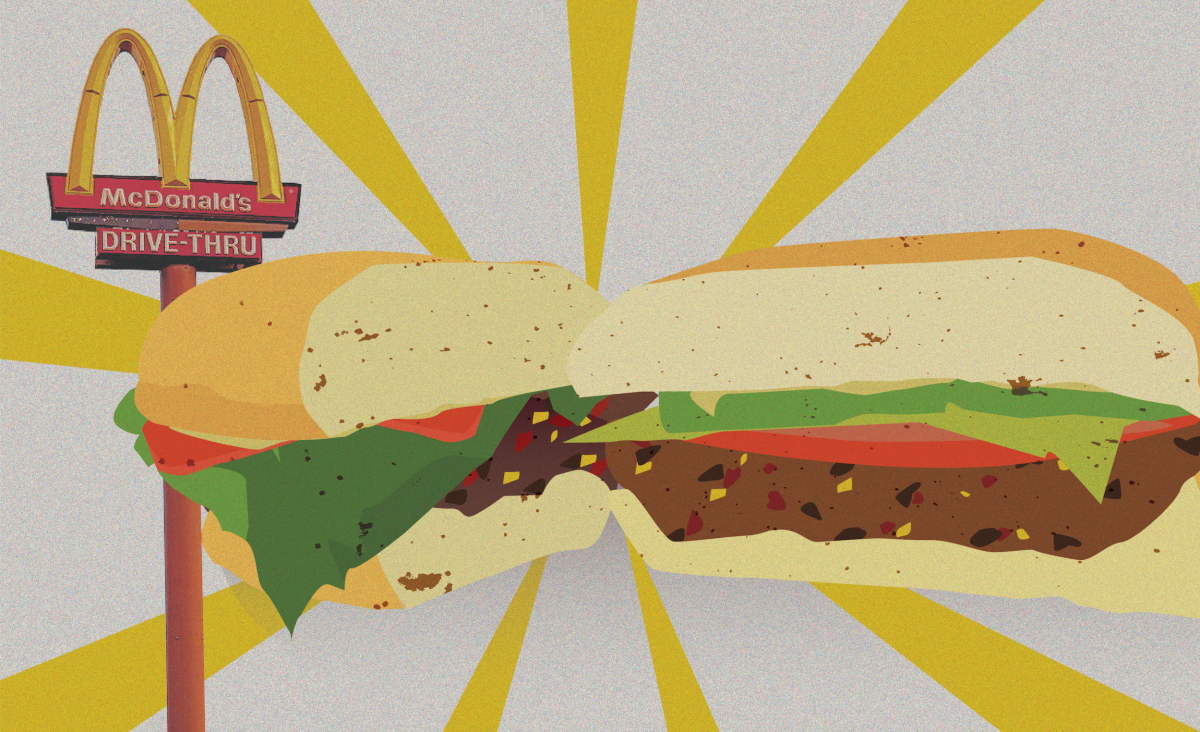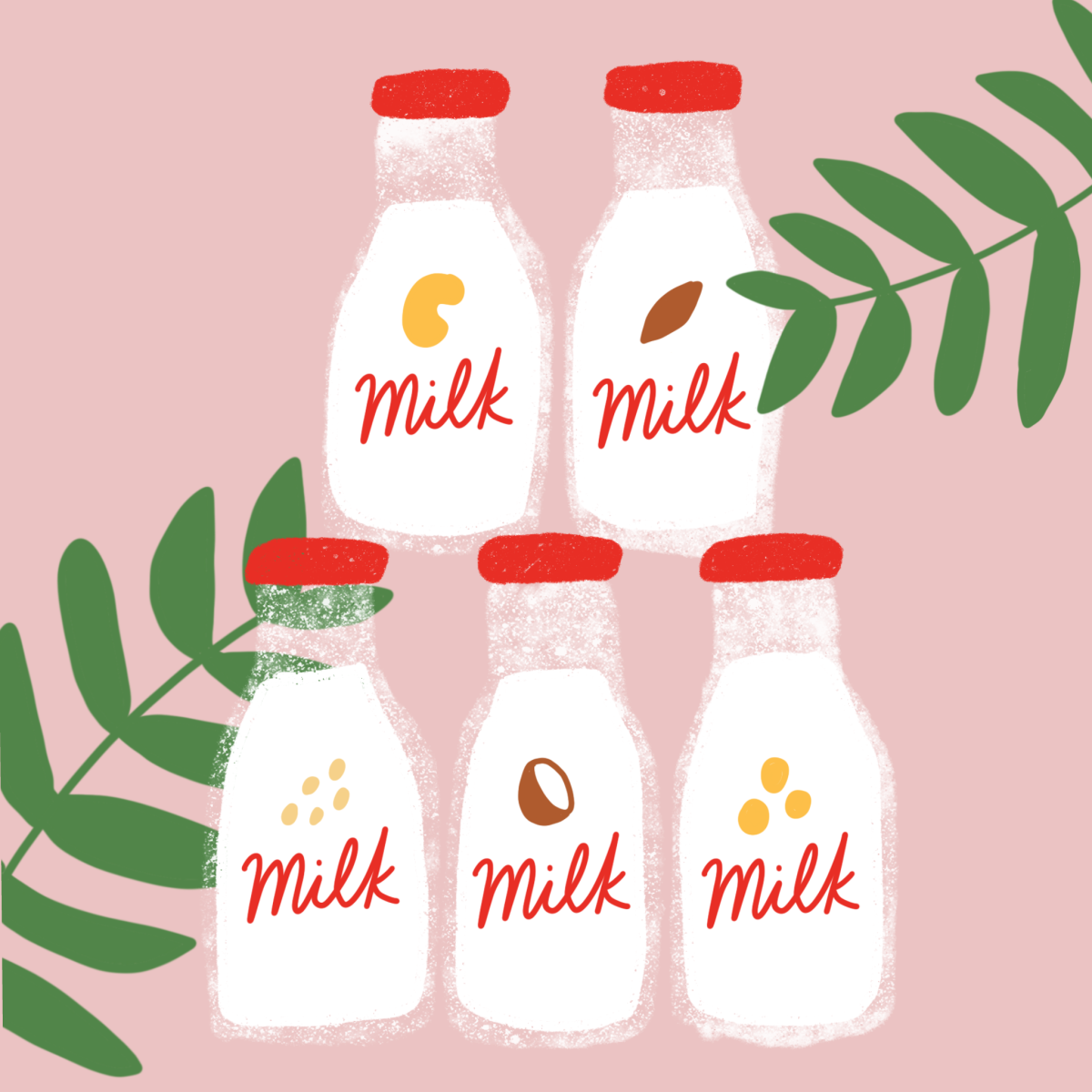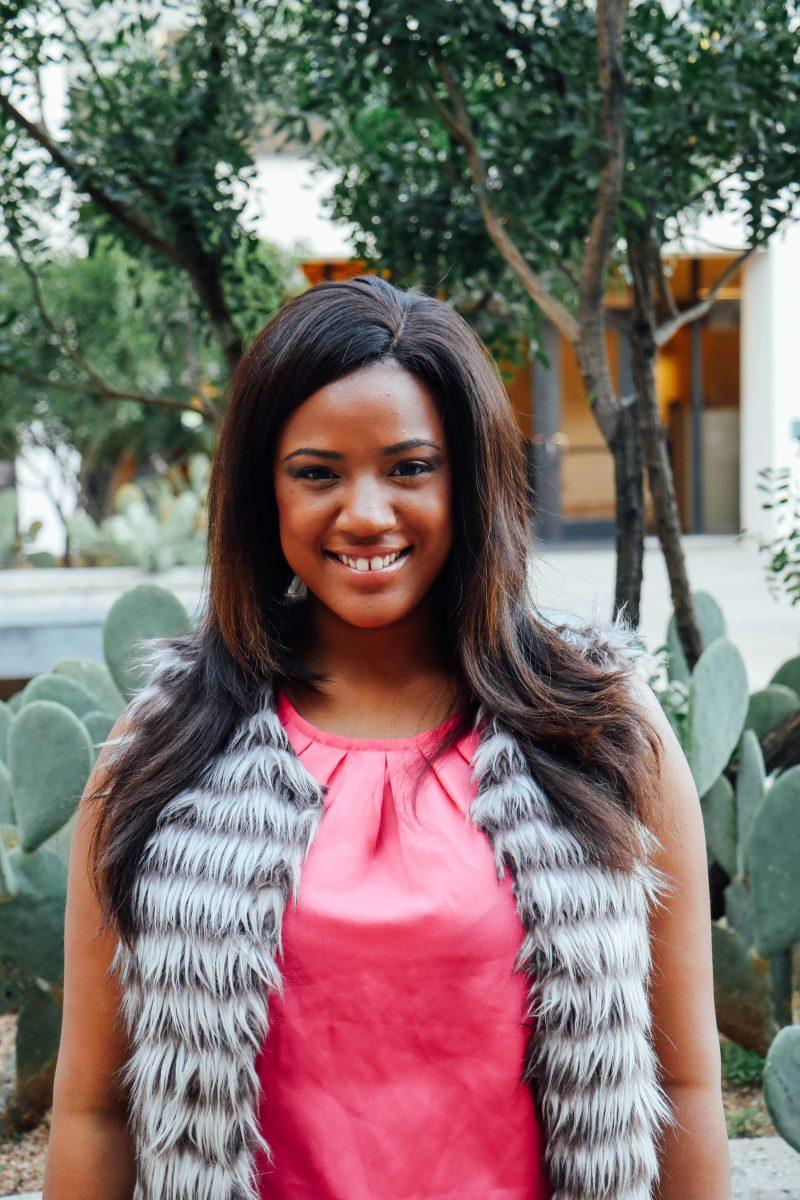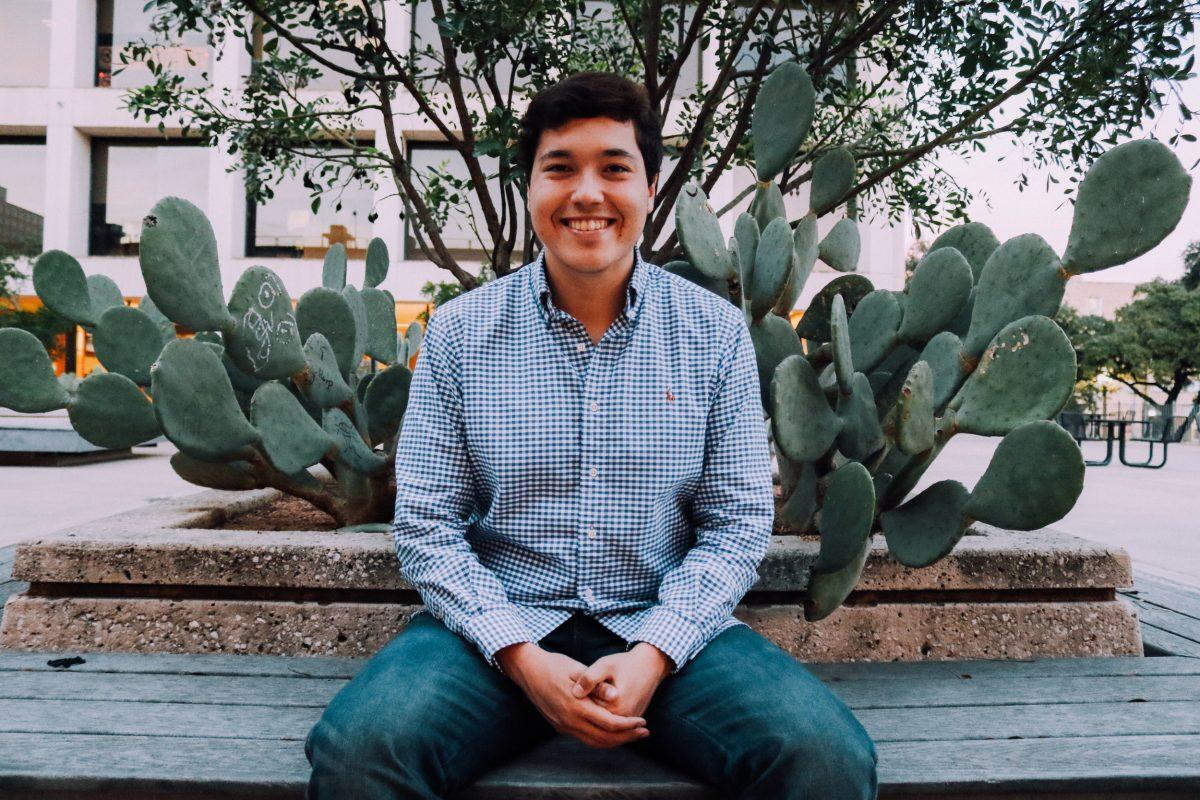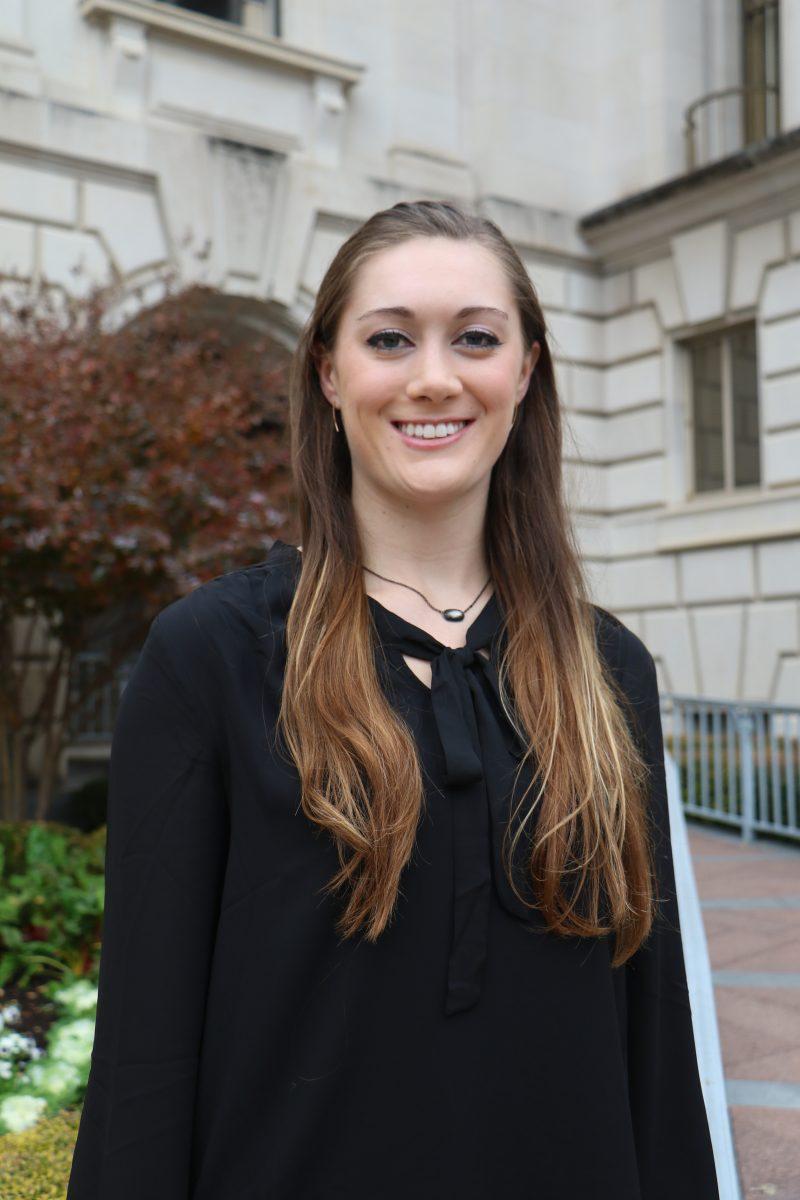Interview by Kris Seavers
Photos by Sarah Montgomery
Audrey Nguyen isn’t afraid to get her hands dirty. This semester she served as the project co-director of operations for the UT Micro Farm, a student-run farm that grows food for the local community through organic and sustainable farming techniques. In her four years at UT, she has launched a mentorship program for incoming freshmen at UT, disk jockeyed for KVRX and participated in Texas Spirits. This semester Nguyen was also selected for the Texas 4000 team, and she will bike from Austin to Anchorage, Ala. in the summer of 2017. This new project will mean leaving her position at the micro farm, but the experience has left her with a new perspective on food and living sustainably.
WHY HAVE YOU CHOSEN TO STUDY BIOLOGY AND PHILOSOPHY?
I really enjoy how both allow me to contextualize life. Philosophy allows me to ask questions and be OK in not knowing the answer. So it helps me cope with all the uncertainty in life. And biology — that gets pretty miserable, just the never knowing. But biology is really tangible. It’s really cool to be able to look at a leaf and say OK, I know why that’s green. Just looking at it, I understand why this plant is vital for my existence.
WHAT DOES FOOD MEAN TO YOU?
I guess my meaningful relationship with food really started when I started volunteering with the UT Micro Farm during its first planting season in the spring of my freshman year, summer 2013. Previous to that, I had really taken advantage of being able to walk into a grocery store and just have any of the produce I wanted, no matter if it was in season or not where I was. I didn’t really think about the time and energy that went into getting food from the farm to my fork. I feel like the whole experience has been really humbling and very eye-opening. It’s helped me live more deeply.
Food is something that’s very collaborative. The farm wouldn’t be as successful as it is without my co- director, my assistant director, our amazing team of interns. We have seven phenomenal interns this semester that have just blown it out of the water. It’s really insane. And of course the farm wouldn’t be able to function without droves of volunteers coming out each week to help maintain everything. So food for me is something that is really collaborate and interdisciplinary.
HOW DID YOU GET INVOLVED AT THE FARM, AND WHAT’S YOUR ROLE THERE?
I got involved because I initially didn’t know what I wanted to do after graduation, so I thought about doing the Peace Corps. I was looking what I could do with the Peace Corps, and sustainable agriculture sounded really cool. But I had in my head, “OK, I probably have this romanticized notion about what farming is gonna be like.” So I went out there, I got my hands dirty and I ended up falling in love.
In terms of day to day stuff, I’m largely in charge of running work days. I create a to-do list, manage volunteers. My co- workers and I work together to create a planting plan. It’s really, really cool because at the Micro Farm, we have a ton of autonomy. It’s totally bottoms- up. The students have control, so it’s really great. We go on trips, we plant beds, we also sell our produce. My co- worker does more of the produce side. I manage pest control and fertilizing interns, and I also manage fundraising and outreach interns.
WHAT ARE SOME WAYS THE UT MICRO FARM IMPACTS THE COMMUNITY?
We’re located in East Austin, much of which has been identified as a food desert by the USDA, meaning its residents lack access to healthy, affordable food options. So we like to feel like we are a small part of the solution by donating some of our produce to the Blackland Neighborhood Center right down the street from us. We actually just built and planted a bed for them. They say, ‘OK, this is what we need, and this is what we’re lacking.’ We’re able to plant that and sow the seeds and make that happen. So that’s really rewarding.
We also sell to the Division of Housing and Food Services on campus, so some of our produce will actually get used in campus dining halls, which is really cool. [Thanksgiving] week we actually sold over 200 pounds of sweet potatoes. It was really fun. We were able to have our last meeting of the semester in J2 eating the sweet potatoes that we grew, so that’s cool.
We also have weekly farm stands on campus on over by West Mall right in front of the FAC.
WHAT DO YOU DO IN YOUR FREE TIME OUTSIDE OF CLASS AND RUNNING THE MICRO FARM?
I do a lot. I am a DJ with 91.7 KVRX, so I have a weekly specialty talk show called “Element 79.” I select a work each week spanning across all mediums and create a playlist, weaving musicality into different themes based on interpretations of and reactions to the work. It’s also part talk show, and I try to have a guest in the boost with me every other week just to get their perspective on it. It’s cool because I’m able to have really awesome, intriguing conversations with local artists, versus me just interpreting the work and putting my own spin on it.
I like to read, I like going outdoors. I love hiking. I have a lot of hobbies.
IF YOU COULD PICK ANYONE LIVING OR DEAD TO HAVE DINNNER WITH, WHO WOULD IT BE AND WHY?
Hands down it would be James Turrell. He’s an incredible artist and visionary whose chosen medium is light.
WHAT WOULD BE ON THE MENU?
Probably some dank Vietnamese food. I love Vietnamese food. I’d maybe take him to somewhere in Bel-Air. We’d probably go family style, that’s my favorite. Order a bunch of different dishes and everyone gets to try everything.
WHAT WOULD YOUR IDEAL POST- COLLEGE LIFE LOOK LIKE?
After school, I think I’m going to open up a floral shop/event company. There is a movement within the United States for slow flowers or flowers grown within the U.S. because a lot of the flowers are imported. Working at the Micro Farm has really opened my eyes to what it means to be sustainable.
































